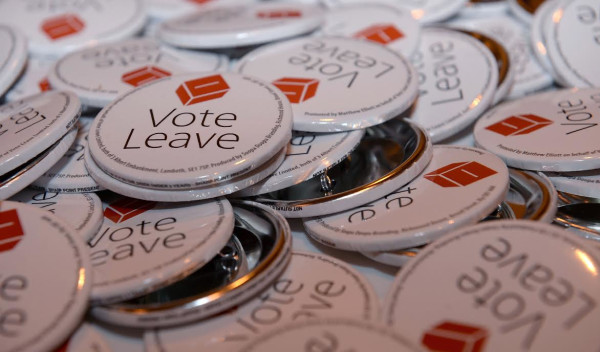

The fund manager said: "Obviously 2018 was a tough year for everyone, for every asset class. But one asset that did well for us were the infrastructure fund investments we own, they certainly performed better than equities."
In total, Mr McEntegart has about 20 per cent of the fund invested in the UK, the largest investment of which is Greencoat UK Wind.
He is also keen on UK and global real estate investment trusts, as these assets tend to perform well when interest rates are low, he said.
In recent weeks, the US central bank has indicated it may not put interest rates up at the same pace as had been expected.
Mr McEntegart said this should mean bond yields do not rise as expected.
He said: "The yield on the US government bond has already fallen from over 3 per cent to less than 3 per cent."
Whereas, for UK property he said: "For most of the trusts, unless they are invested in retailers, the performance has been fine."
The final area of protection he is seeking is from bonds with a short date to maturity.
He said: "We own bonds that have a short date to maturity, they perform a role similar to cash in the portfolio, and we are happy to be patient while there is a lot of uncertainty."
But he is less keen on UK or European equities. He said some sectors, such as UK housebuilders were attractive on a five-year time horizon but, he added, "with international investors much less keen on the UK now than before, and with pension funds generally buying fewer equites than in the past, the market will be more volatile, and current negativity towards the UK means the upside may be limited, as overseas investors are not really buying."
Philip Milton, who runs PJ Milton and Co, an advice firm in Devon, said he expects Brexit, once finalised, will increase the level of certainty in the economy and allow businesses to make decisions, and this will in turn boost economic activity and the wider economy and market.
Mr Milton said: "I am still prepared to stand by my prediction that as soon as uncertainty is replaced with a dose of certainty, ‘good or bad’, that business will return to some semblance of normal and deferred decisions will be taken by private individuals through to businesses, multinationals and organisations generally.
"In the face of economic wobbles elsewhere, the hiatus we have endured and then the short-term explosion should prove to be a useful domestic boost to our own figures, no doubt somewhat confounding the pessimists short-term at least."
He believes the Eurozone is structurally weak, with the nature of the single currency meaning that many countries in the economic bloc will struggle to grow.
He said: "At the moment the German bond yield is 0.1 per cent, that is the sort of level that prices in a recession have. Now Germany just avoided a recession at the end of last year, and Italy is in a technical recession, but I don’t think it will come to that.
"But the problem is the big manufacturing companies of Germany are suffering, with emerging markets slowing down, and the need for the car companies to invest in electric car technology. There isn’t a natural buyer of Eurozone equities right now."
John Baker, European equity fund manager at JP Morgan Asset Management, said while many companies had achieved the earnings expected of them last year, the share prices haven’t gone up because those expectations had been dramatically cut.
He said: "An investor looking for defensive equity exposure in the Eurozone can probably find it in the pharmaceutical sector."
david.thorpe@ft.com



